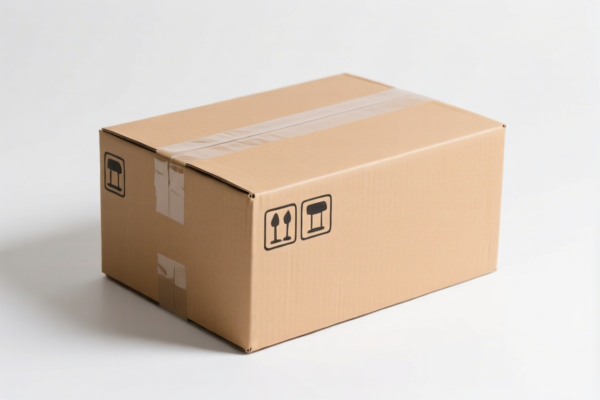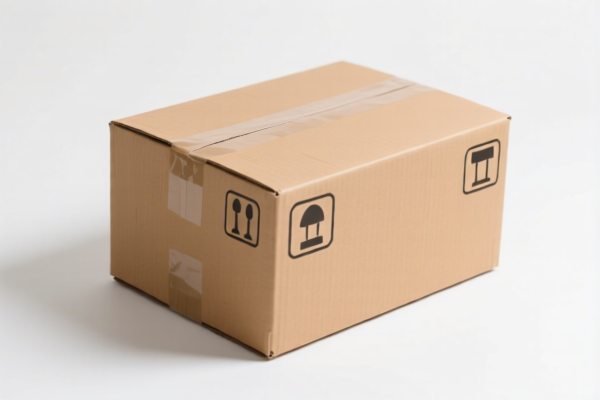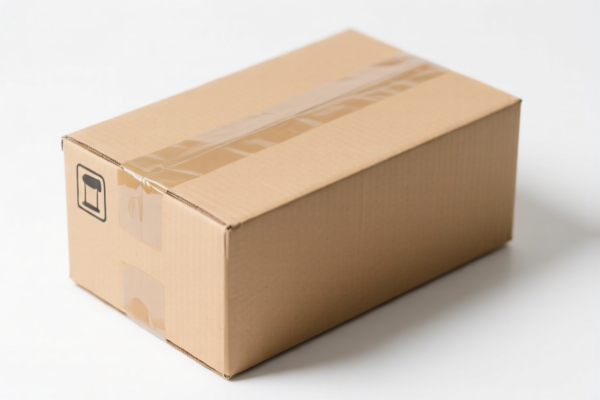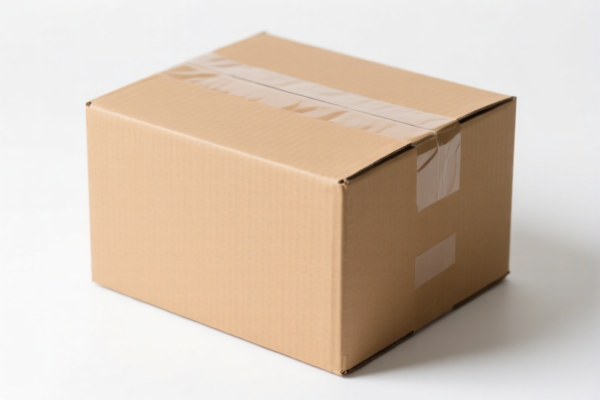| HS Code | Official Doc | Tariff Rate | Origin | Destination | Effective Date |
|---|---|---|---|---|---|
| 4819100020 | Doc | 55.0% | CN | US | 2025-05-12 |
| 4819100040 | Doc | 55.0% | CN | US | 2025-05-12 |
| 4819200020 | Doc | 55.0% | CN | US | 2025-05-12 |
| 4819200040 | Doc | 55.0% | CN | US | 2025-05-12 |
| 4415103000 | Doc | 55.0% | CN | US | 2025-05-12 |
| 7612905000 | Doc | 55.0% | CN | US | 2025-05-12 |




Okay, let's break down the HS codes for your "PACKING BOX" declaration. Here's a detailed analysis, focusing on classification, tax implications, and important considerations.
Understanding HS Codes: A Quick Primer
HS codes (Harmonized System codes) are internationally standardized codes used to classify traded products. The first two digits generally indicate the chapter, the next two the subheading, and further digits provide more specific details. Here's how to interpret the codes you've provided:
1. Chapter 48: Paper & Paperboard (Codes 4819.10.00.20 & 4819.10.00.40)
- 4819: Cartons, boxes, cases, bags and other packing containers, of paper, paperboard, cellulose wadding or webs of cellulose fibers; box files, letter trays and similar articles, of paper or paperboard.
- 4819.10.00: Corrugated paper or paperboard.
- 4819.10.00.20: Sanitary food and beverage containers.
- 4819.10.00.40: Other.
- 4819.10.00: Corrugated paper or paperboard.
- Tax: Both codes currently have a 0% basic tariff and a 25% additional tariff, totaling 55% (including VAT and other potential surcharges). This additional tariff is scheduled to increase to 30% after April 2, 2025.
- Key Consideration: The distinction between "Sanitary food and beverage containers" and "Other" is important. Ensure the boxes are specifically designed for food/beverage contact to fall under the 4819.10.00.20 classification.
2. Chapter 48: Paper & Paperboard (Codes 4819.20.00.20 & 4819.20.00.40)
- 4819.20.00: Folding cartons, boxes and cases, of non-corrugated paper or paperboard.
- 4819.20.00.20: Sanitary food and beverage containers.
- 4819.20.00.40: Other.
- Tax: Similar to 4819.10, these codes also have a 0% basic tariff and a 25% additional tariff (total 55%), increasing to 30% after April 2, 2025.
- Key Consideration: These are for folding cartons made of non-corrugated paperboard. Ensure the construction matches this description.
3. Chapter 44: Wood (Code 4415.10.30.00)
- 4415.10.30.00: Packing boxes, cases, crates, drums and similar packings; cable-drums; packing boxes and cases with solid sides, lids and bottoms.
- Tax: 0% basic tariff and 25% additional tariff (total 55%), increasing to 30% after April 2, 2025.
- Key Consideration: This is specifically for wooden packing materials.
4. Chapter 39: Plastics (Code 3923.10.00.00)
- 3923.10.00.00: Boxes, cases, crates and similar articles, of plastics.
- Tax: Tax information failed to retrieve. This is critical. You must determine the applicable tax rate for plastic packing boxes before importing. Contact a customs broker or consult the relevant tariff schedule.
- Key Consideration: Material is plastic.
5. Chapter 76: Aluminum (Code 7612.90.50.00)
- 7612.90.50.00: Aluminum casks, drums, cans, boxes and similar containers (other).
- Tax: 0% basic tariff and 25% additional tariff (total 55%), increasing to 30% after April 2, 2025.
- Key Consideration: This is specifically for aluminum containers.
Important Recommendations:
- Material Verification: Double-check the exact material composition of each type of packing box. The HS code is heavily dependent on the material.
- End Use: Confirm the intended end use of the boxes. This can influence the correct classification.
- Tax Information for 3923.10.00.00: Prioritize obtaining the tax rate for plastic packing boxes. This is the most urgent action.
- Certifications: Depending on the end use (e.g., food contact), you may need certifications like food-grade compliance.
- Invoices & Packing Lists: Ensure your invoices and packing lists accurately describe the goods, including material composition and intended use.
- Consult a Customs Broker: For complex classifications or large shipments, it's highly recommended to consult a licensed customs broker. They can provide expert guidance and ensure compliance with all regulations.
Disclaimer: I am an AI assistant and cannot provide definitive customs advice. This information is for general guidance only. Always consult official customs sources and/or a licensed customs broker for accurate and up-to-date regulations.
Customer Reviews
The information on HS codes and their corresponding tariff rates is clear and well-organized. I would have liked more details on how to determine the exact material composition of the boxes, though.
This page is a lifesaver for anyone dealing with international shipping. The section on food-grade containers and their specific classifications was exactly what I needed.
The detailed analysis of the different HS codes for paper, wood, and plastic packing boxes was very informative. I wish the tax info for the plastic category was included, though.
Great breakdown of the HS codes for packing boxes! The explanation of the 55% tariff rate and the 30% increase after April 2025 was really helpful for my export planning.